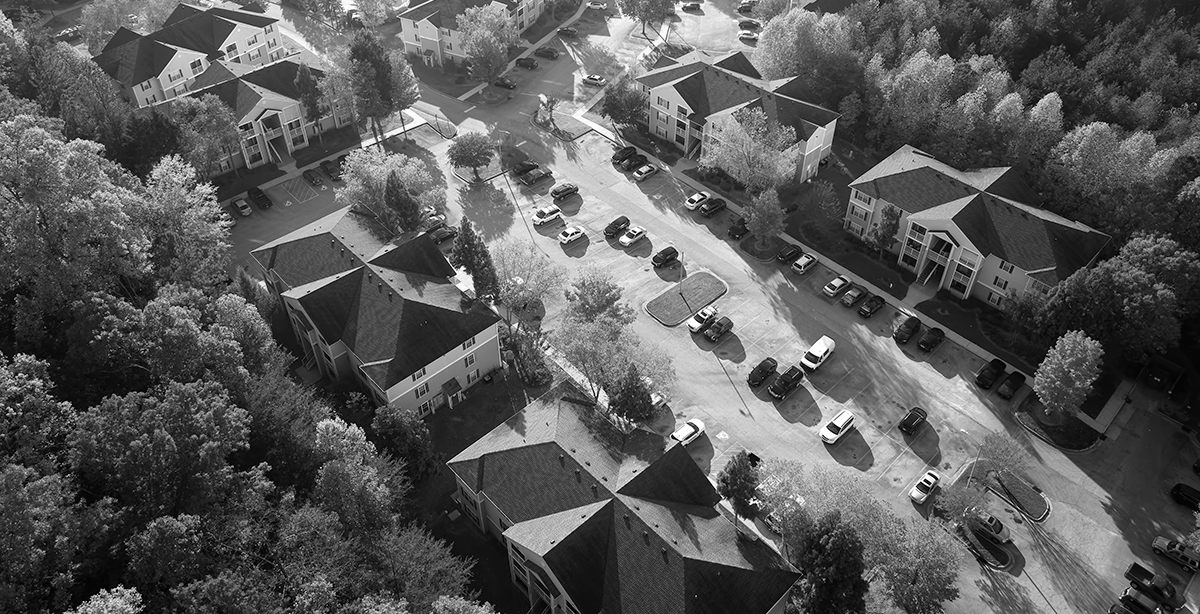Don’t miss critical local housing developments.
Sign up now to stay informed about how cities are tackling affordability, climate, and equity, and learn how our Local Monitoring practice can help you stay ahead.
U.S. Cities Testing Social Housing
As housing affordability challenges grow across U.S. cities, local governments are increasingly exploring new tools to meet long-term demand. One model gaining traction is social housing, a publicly owned or co-owned approach that promises to offer permanently affordable, mixed-income homes with resident input.
Montgomery County, Maryland, provides an early example with a publicly owned, mixed-income development completed in 2023. Funded by a $100 million revolving loan, rent is tied to income and tenants participate in decision-making. Outside the US, many cities look to Vienna, Austria, as a leading example of this model.
Seattle is pursuing a similar direction. It's 2023 voter-approved Social Housing Developer is the first municipal agency of its kind in the United States, focused on acquiring and operating permanently affordable publicly owned housing. A $2 million bridge loan was recently proposed to support the agency’s early operations ahead of new payroll tax revenue. This effort is part of Seattle’s broader One Seattle Housing Agenda also includes a climate component. Projects are being built to passive-house standards and located to reduce car dependence with the goal of lowering emissions and strengthening resilience to heat and wildfire risks.
In Chicago, the city is pursuing a different structure. Mayor Brandon Johnson’s newly approved Green Social Housing initiative establishes a city-owned nonprofit that will provide low-cost loans for energy-efficient, mixed-income housing. The $135 million fund prioritizes projects where the city maintains majority ownership to ensure long-term affordability and environmental performance. Loan repayments will be reinvested to support future development.
Portland’s Council passed a resolution in April directing the city to study global social housing models and return with recommendations by May 2026. City leaders have emphasized the need to move beyond market-based tools like the Low-Income Housing Tax Credit (LIHTC). The city is exploring funding options such as municipal bonds, revolving loan funds, and land banking, while also considering how social housing could serve as a homelessness prevention strategy. Officials have cited Montgomery County and Vienna’s widely studied model as reference points.
New York City has also entered the conversation, with Democratic mayoral nominee Zohran Mamdani proposing to acquire private housing and convert it to community land trusts or publicly owned housing. The proposal, while more ideologically ambitious, echoes the sentiment of the other cities’ proposals.
Social housing and housing services are being explored not only as a solution to affordability but also as a way to promote stability, community control, and climate resilience. As these models evolve, questions remain around scalability, sustainable funding, and effective public-private collaboration to meet both community and economic needs.
Don’t miss critical local housing developments.
Sign up now to stay informed about how cities are tackling affordability, climate, and equity, and learn how our Local Monitoring practice can help you stay ahead.
